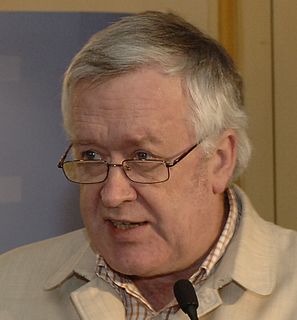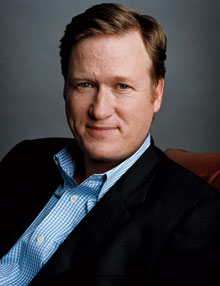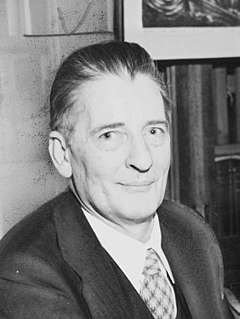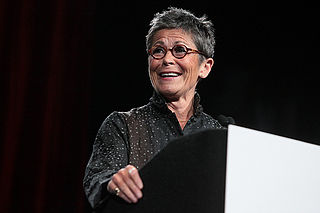A Quote by Mary Pilon
Endnotes, often confused with footnotes that live at the bottom of a page, is that lump of text at the end of the book, sometimes even relegated to a tiny font size. They're often forgotten but, in nonfiction, particularly history books, can offer a fascinating footprint into the author's research, a joyful, geeky abyss.
Related Quotes
The twentieth century saw a professionalization of fiction writing, particularly in its second half and particularly in the Anglo-Saxon world - not so much mainland Europe, for example. This professionalization is a tragedy. Hand in hand with this - and I have no idea what the causal relations are - there has been a rise in the idea of The Author, so that today one often has the impression that what's selling the book is not the book but the author.
One of the reasons so many nonfiction books are so boring is because what they've done, very diligently, is fulfill the terms of their proposals. They've written up their proposal, long-form, and often what this does is then set up a sort of serial deal, where the whole book can essentially be reduced back to the size of the original proposal!
In the biographical novel, there's only one person involved. I, the author, spend two to five years becoming the main character. I do that so by the time you get to the bottom of Page 2 or 3, you forget your name, where you live, your profession and the year it is. You become the main character of the book. You live the book.
The anchor of meaning resides in an abyss, deeper than the reach of despair. Yet the abyss is not not infinite; its bottom may suddenly be discovered within the confines of a human heart or under the debris of might doubts. This may be the vocation of man: to say "Amen" to being and to the Author of being; to live in defiance of absurdity, notwithstanding futility and defeat; to attain faith in God even in spite of God.
I think that human beings, even the ones who are sometimes hurting you, are often very, very confused at their center. Even people who are doing things that are nefarious - it's often out of confusion. I know that it's tough to be a human whether you're good or bad. I'm acutely aware of that. If that comes through, then I'm really grateful.
I'm not trying to imply I can keep up this silent, isolated facade all the time. Sometimes the wall I've erected around me comes crumbling down. It doesn't happen very often, but sometimes, before I even realize what's going on, there I am--naked and defenseless and totally confused. At times like that I always feel an omen calling out to me, like a dark, omnipresent pool of water. ~page 10

































